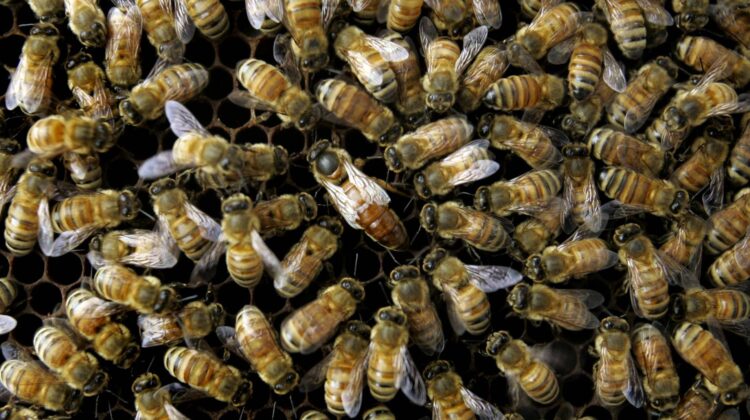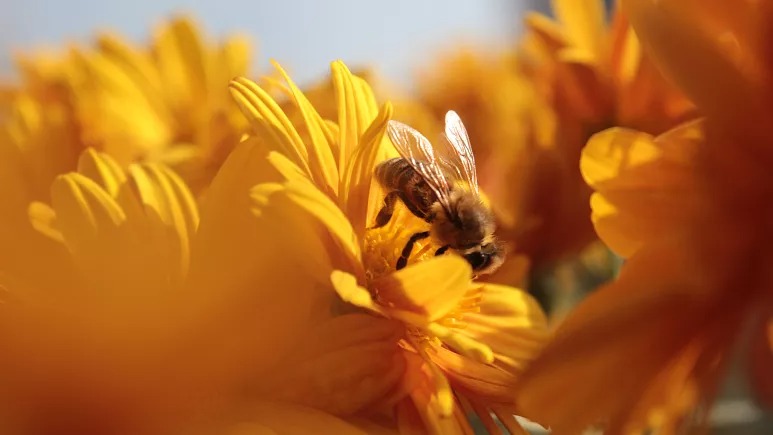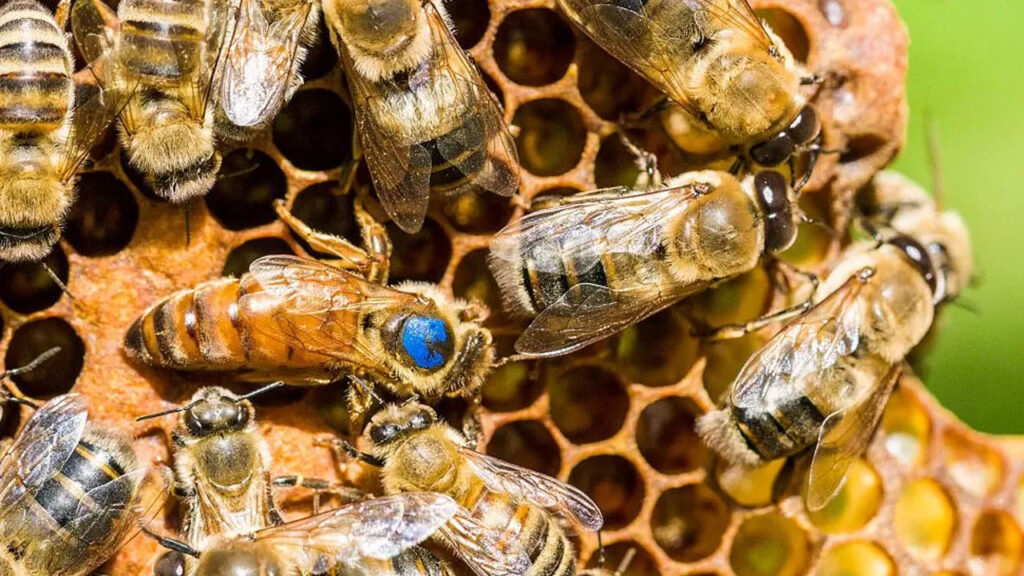
Bees play a vital role in pollinating crops in the United States, but their numbers have been dwindling at alarming rates due to disease and pesticide use. The US government has now approved the world’s first vaccine for honeybees, which is aimed at fighting diseases that frequently destroy colonies, including American foulbrood, a bacterial disease that is a major threat to bee populations.
American foulbrood is an infectious disease that develops from the bacterium Paenibacillus larvae, which can weaken and destroy colonies. In some areas of the US, the disease has affected one in four hives, and beekeepers are forced to dismantle and burn any infected colonies and use antibiotics to limit the spread. At present, there is no cure for the disease.

The pioneering vaccine was created by Dalan Animal Health, a biotech company based in the US, and has been approved for use by the US Department of Agriculture (USDA). The vaccine functions by integrating some of the foulbrood bacteria into the royal jelly, which is then fed to the queen by the worker bees. The queen absorbs the bacteria, and some of the vaccine is transmitted to the ovaries. The growing bee larvae then develop immunity to foulbrood as they hatch.
The vaccine is considered a breakthrough in protecting honeybees and has been granted a conditional license by the USDA, with initial availability for commercial beekeepers. Dalan Animal Health hopes that this groundbreaking treatment will promote the development of vaccines for other diseases affecting bees, including the European strain of foulbrood.

Bees are central to the food pollination system in the US, and hives are often transported around the country to aid in the cultivation of productions from almonds to blueberries. The approval of this vaccine brings hope for the future of bees and their crucial role in agriculture.

Leave a Reply